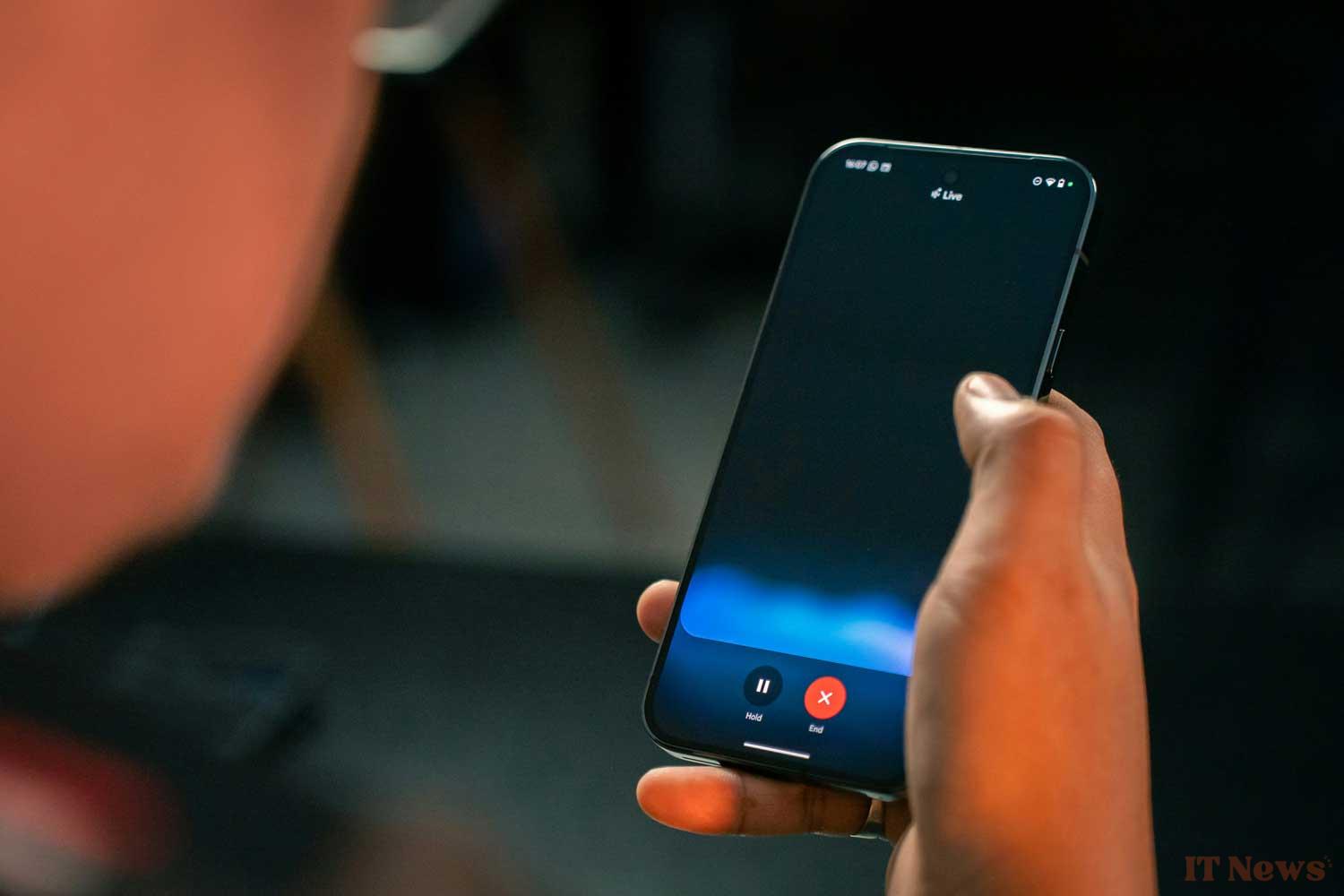As in many sectors, artificial intelligence is shaking up the smartphone world. AI has made a thunderous entrance on “smart” phones and the year 2025 will confirm manufacturers’ enthusiasm for AI-boosted functions. Samsung has been leading the way for a year with Galaxy AI on its Galaxy smartphones, the new generation of which has just been unveiled. On the new Galaxy S25, a major change has appeared: a long press on the side button now activates Google Gemini instead of the Bixby assistant.
The advantage of Gemini? It’s Google!
Many users will welcome this choice, because Bixby has never really been a good virtual assistant. Far from Alexa, Google Assistant and even Siri, Samsung’s assistant has never been able to catch up. Bixby fans will still be able to use it via an app, but the move to Gemini confirms that Google is leading the way in AI assistants.
Caught off guard when it launched ChatGPT, the search giant has been scrambling to catch up. Google has done so in a big way, and according to a recent article in the Wall Street Journal, CEO Sundar Pichai now believes that Gemini has overtaken ChatGPT and wants Google to have 500 million users by the end of the year. The deployment of Gemini as the default assistant on Galaxy devices could help it achieve this goal.
While the first assistants, such as Siri (Apple), Assistant (Google) or Alexa (Amazon), so promising at the beginning, ultimately proved disappointing, generative AI is completely reviving the battle and interest around voice assistants. Google did not miss this turn with Gemini, which is gradually establishing itself as an essential feature on Android smartphones. This is a godsend for the Mountain View firm: it thus recovers many users and interactions that feed its assistant and make it even better.
Data makes Gemini better, which makes it more useful, more popular… and even better
Google's approach forms a sort of circle that is particularly interesting for the American giant. Gemini is now the most powerful virtual assistant on the market and, as The Verge points out, it's not because it's particularly great. No, Gemini has the advantage of accessing more information and users than anyone else.
In this race that is still in its infancy, Google could take a decisive lead thanks to its market position. Above all, the American firm has managed to take a turn that its "historical" rivals, Amazon's Alexa and Apple's Siri, are struggling to take. Despite similar features and the same accessibility via speakers, smartphones or connected objects, Alexa, boosted by AI, is struggling to emerge and make people forget the relative failure of the voice assistant. Siri, which has always seemed to be behind the times, is hoping to come back to the forefront this year, but Apple is lagging behind Google.
Gemini’s new challengers are, for now, AI assistants like ChatGPT, Claude, Grok, or Copilot. They are closer to Gemini and share the same multimodal capabilities, but they don’t enjoy the same level of distribution as Google’s Assistant. Even OpenAI’s very popular ChatGPT comes in the form of an app that you have to download to your device. Gemini, on the other hand, appears as a button that you can press, and that makes a huge difference. This observation also applies to Perplexity, which is today one of the most underrated AI tools on the market.
Meanwhile, Gemini is making a place for itself in all of the American giant’s services: Workspace, Gmail, Docs, YouTube, Drive… “Today, our seven products and platforms, which have more than two billion monthly users, use Gemini models”, explained Sundar Pichai during Google’s earnings call last fall.
Gemini and other AI assistants are still very limited
However, all these AI-boosted assistants are controversial and have many limitations. They can still make gross mistakes, lie, or fail to do certain basic things. When Gemini was rolled out to replace Google Assistant, its creator admitted that his new AI assistant couldn't do certain things that Assistant has been managing for years. It will take a few more updates for Gemini to truly make people forget its predecessor. But a new feature could always reshuffle the cards. Given the success of Android and several of its services (YouTube, Chrome, Gmail, etc.), Google seems to be in a good position to win the battle of AI assistants.



0 Comments